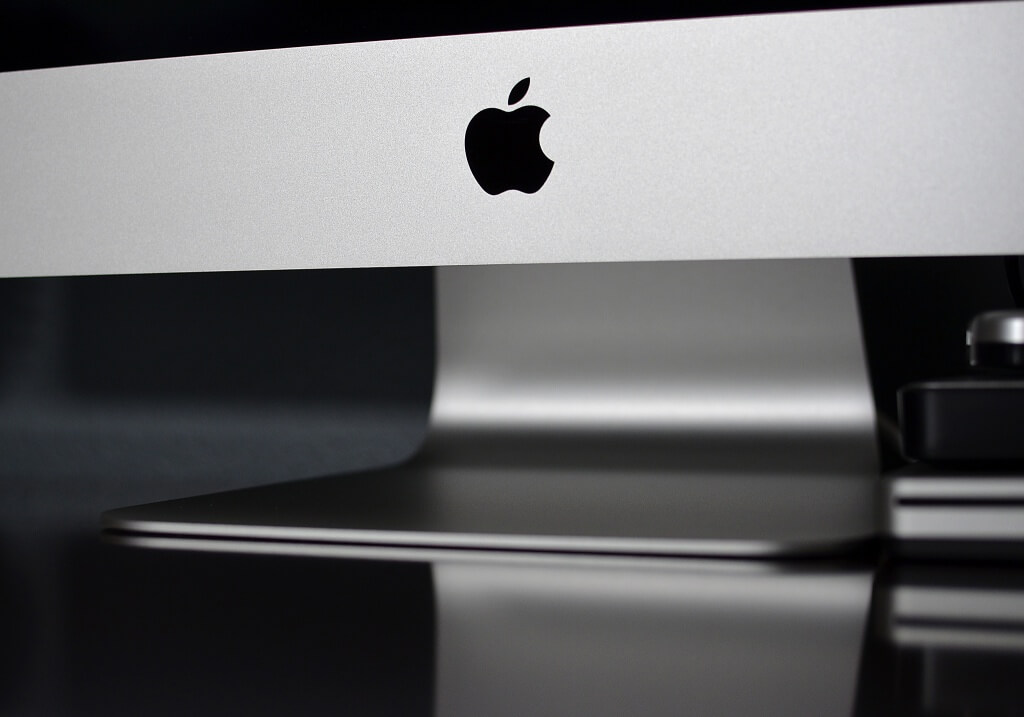Here at Lineal we’ve generally been impressed with the release of OS X El Capitan – but the release of Apple’s latest operating system has not come entirely without pitfalls.
Some of our own staff experienced printing problems for the Mac version of Microsoft Office 2016 – these have fortunately already been rectified in update version 10.11.1 by a humbly apologetic Apple.
One of the most notable surprises however was the outright removal of functionality that long-time Mac users have had from the earlier days of personal computing.
Apple’s Disk Utility app update has removed the ability to verify and repair disk permissions on your Mac, leaving users with no way to verify incorrectly installed programs with the correct disk permissions to read/write to their hard drive.
At Lineal we’ve always advised users to verify and repair disk permissions after major updates, and even some Apple software regularly flags up as in need of verification.
Apple has made two sweeping generalisations: firstly, that Mac users only need to run software that immediately cooperates with their hardware (a big assumption) and secondly that users will be content to let Apple worry about the details of their computer maintenance.
Personal computing today feels a little less personal. Mac users have become used to the idea that Mac updates are very reliable, and worthwhile installing promptly – yet the sudden removal of longstanding features puts this in doubt for the first time.
Should we all trust manufacturers? A question for Volkswagen.
Lineal can offer Tech Support for a range of Apple devices: get in touch with us today via 01271 375999 or contact us online.


